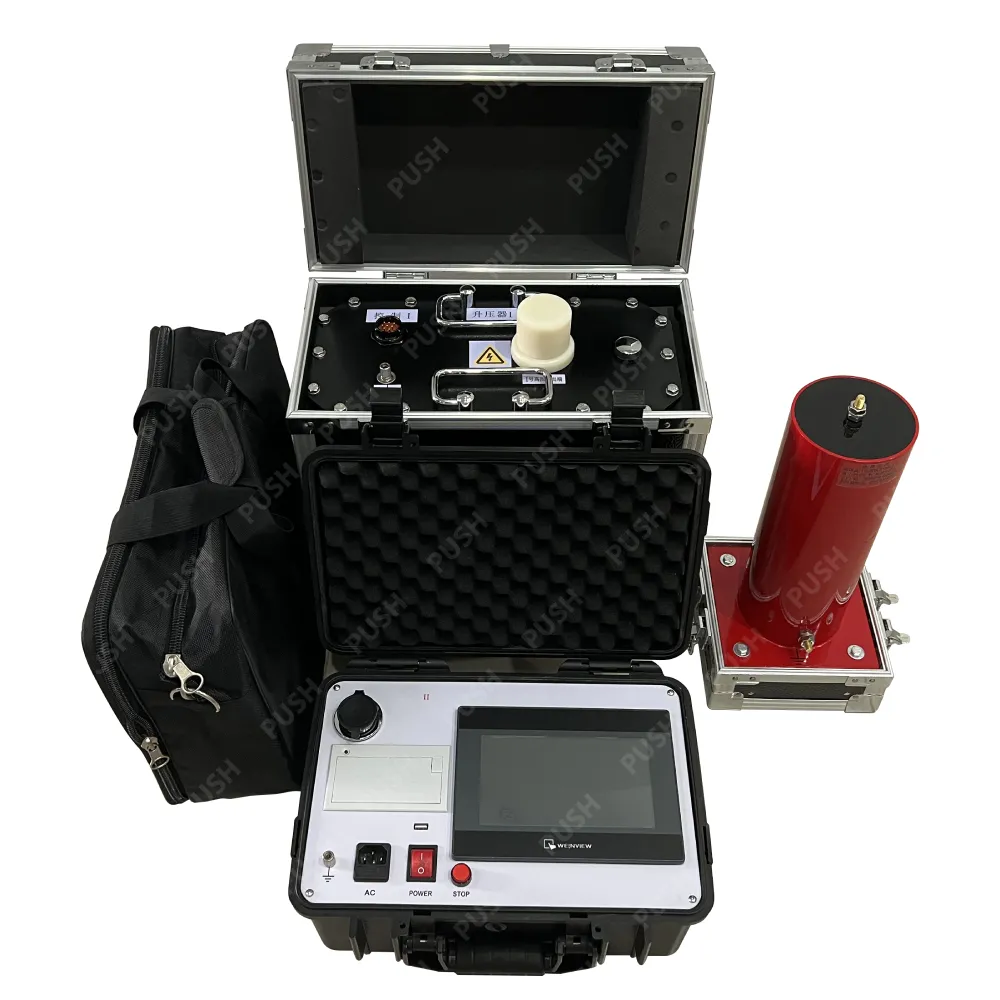 English
English



-
 Afrikaans
Afrikaans -
 Albanian
Albanian -
 Amharic
Amharic -
 Arabic
Arabic -
 Armenian
Armenian -
 Azerbaijani
Azerbaijani -
 Basque
Basque -
 Belarusian
Belarusian -
 Bengali
Bengali -
 Bosnian
Bosnian -
 Bulgarian
Bulgarian -
 Catalan
Catalan -
 Cebuano
Cebuano -
 China
China -
 China (Taiwan)
China (Taiwan) -
 Corsican
Corsican -
 Croatian
Croatian -
 Czech
Czech -
 Danish
Danish -
 Dutch
Dutch -
 English
English -
 Esperanto
Esperanto -
 Estonian
Estonian -
 Finnish
Finnish -
 French
French -
 Frisian
Frisian -
 Galician
Galician -
 Georgian
Georgian -
 German
German -
 Greek
Greek -
 Gujarati
Gujarati -
 Haitian Creole
Haitian Creole -
 hausa
hausa -
 hawaiian
hawaiian -
 Hebrew
Hebrew -
 Hindi
Hindi -
 Miao
Miao -
 Hungarian
Hungarian -
 Icelandic
Icelandic -
 igbo
igbo -
 Indonesian
Indonesian -
 irish
irish -
 Italian
Italian -
 Japanese
Japanese -
 Javanese
Javanese -
 Kannada
Kannada -
 kazakh
kazakh -
 Khmer
Khmer -
 Rwandese
Rwandese -
 Korean
Korean -
 Kurdish
Kurdish -
 Kyrgyz
Kyrgyz -
 Lao
Lao -
 Latin
Latin -
 Latvian
Latvian -
 Lithuanian
Lithuanian -
 Luxembourgish
Luxembourgish -
 Macedonian
Macedonian -
 Malgashi
Malgashi -
 Malay
Malay -
 Malayalam
Malayalam -
 Maltese
Maltese -
 Maori
Maori -
 Marathi
Marathi -
 Mongolian
Mongolian -
 Myanmar
Myanmar -
 Nepali
Nepali -
 Norwegian
Norwegian -
 Norwegian
Norwegian -
 Occitan
Occitan -
 Pashto
Pashto -
 Persian
Persian -
 Polish
Polish -
 Portuguese
Portuguese -
 Punjabi
Punjabi -
 Romanian
Romanian -
 Russian
Russian -
 Samoan
Samoan -
 Scottish Gaelic
Scottish Gaelic -
 Serbian
Serbian -
 Sesotho
Sesotho -
 Shona
Shona -
 Sindhi
Sindhi -
 Sinhala
Sinhala -
 Slovak
Slovak -
 Slovenian
Slovenian -
 Somali
Somali -
 Spanish
Spanish -
 Sundanese
Sundanese -
 Swahili
Swahili -
 Swedish
Swedish -
 Tagalog
Tagalog -
 Tajik
Tajik -
 Tamil
Tamil -
 Tatar
Tatar -
 Telugu
Telugu -
 Thai
Thai -
 Turkish
Turkish -
 Turkmen
Turkmen -
 Ukrainian
Ukrainian -
 Urdu
Urdu -
 Uighur
Uighur -
 Uzbek
Uzbek -
 Vietnamese
Vietnamese -
 Welsh
Welsh -
 Bantu
Bantu -
 Yiddish
Yiddish -
 Yoruba
Yoruba -
 Zulu
Zulu
transformer oil tester price
The Importance and Cost of Transformer Oil Testing
Transformer oil testing is a critical process in the maintenance and management of electrical transformers. Transformer oil, also known as insulating oil, plays a vital role in facilitating the efficient operation of transformers by serving as both an insulator and a coolant. Over time, however, the oil can degrade due to thermal, electrical, and chemical stresses. Therefore, regular testing is essential to ensure the longevity and reliability of transformers.
The Importance and Cost of Transformer Oil Testing
One of the foremost concerns with transformer oil is its dielectric strength, which indicates the oil’s ability to resist electrical breakdown. This property is critical, as a decrease in dielectric strength can lead to insulation failure, resulting in catastrophic transformer failures and power outages. Additionally, moisture content is another critical parameter; excessive moisture can severely reduce dielectric strength and increase the risk of electrical failure.
transformer oil tester price

The cost associated with transformer oil testing can vary widely based on several factors. Firstly, the type of tests being performed significantly influences the price. Basic tests can range from $100 to $500, while comprehensive analyses may cost upwards of $1,000 or more. The equipment used, the complexity of the tests, and the laboratory providing the services also play pivotal roles in determining the overall cost.
Moreover, ongoing maintenance and testing are crucial to managing operational costs effectively. By identifying potential issues early through regular testing, utilities can avoid the much higher expenses associated with transformer replacements or extensive repairs caused by unexpected failures. Thus, while the upfront costs of testing may seem high, it is a worthwhile investment that pays dividends in the long run.
Another aspect influencing the perceived cost of transformer oil testing is the growing trend towards automation and remote monitoring. The integration of digital technologies allows for real-time monitoring of transformer conditions, enabling operators to conduct oil tests more efficiently and at reduced costs. As a result, industries may find more competitive pricing as the process becomes streamlined and less labor-intensive.
In conclusion, transformer oil testing is an indispensable part of the operational health of electrical transformers. Although the costs can vary based on the nature and scope of testing services, the ultimate benefits of ensuring transformer reliability and functionality often outweigh these expenses. Investing in regular transformer oil testing not only safeguards the performance of essential electrical infrastructure but also contributes to overall power system stability. As technology advances, the testing process is likely to become more cost-effective, making it accessible to an even broader range of users.
-
Testing Equipment Industry Sees Major Advancements in 2025: Smart & Precision Technologies Lead the WayNewsJun.06,2025
-
Applications of Direct Current Generators in Renewable Energy SystemsNewsJun.05,2025
-
Hipot Tester Calibration and Accuracy GuidelinesNewsJun.05,2025
-
Digital Circuit Breaker Analyzer Features and BenefitsNewsJun.05,2025
-
Benefits of Real-Time Power Quality Monitoring Devices for Industrial EfficiencyNewsJun.05,2025
-
Earth Fault Loop Testing in High-Rise Building Electrical SystemsNewsJun.05,2025



